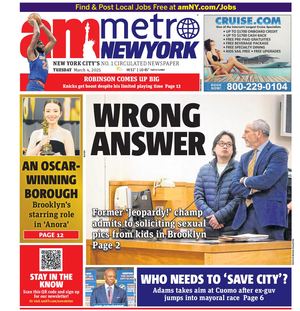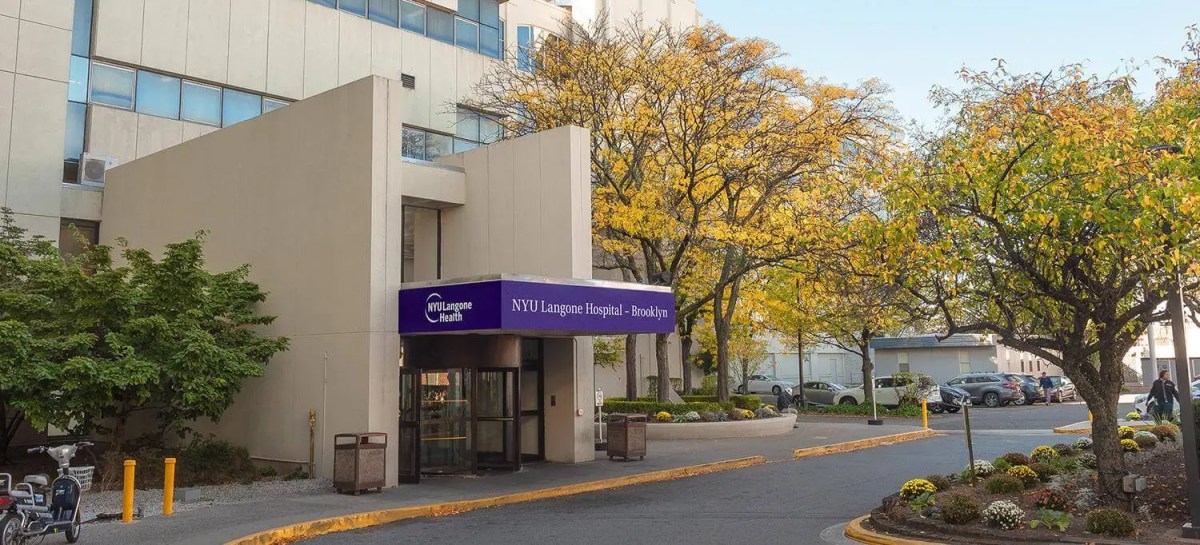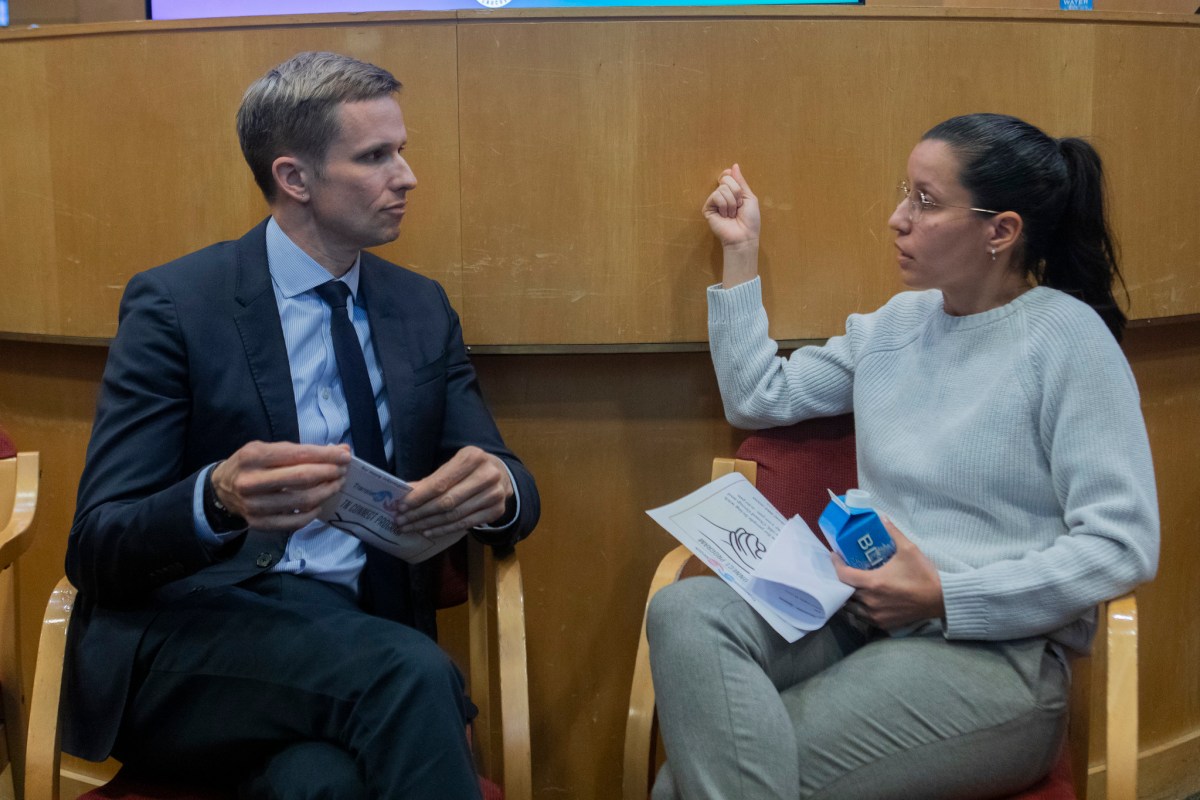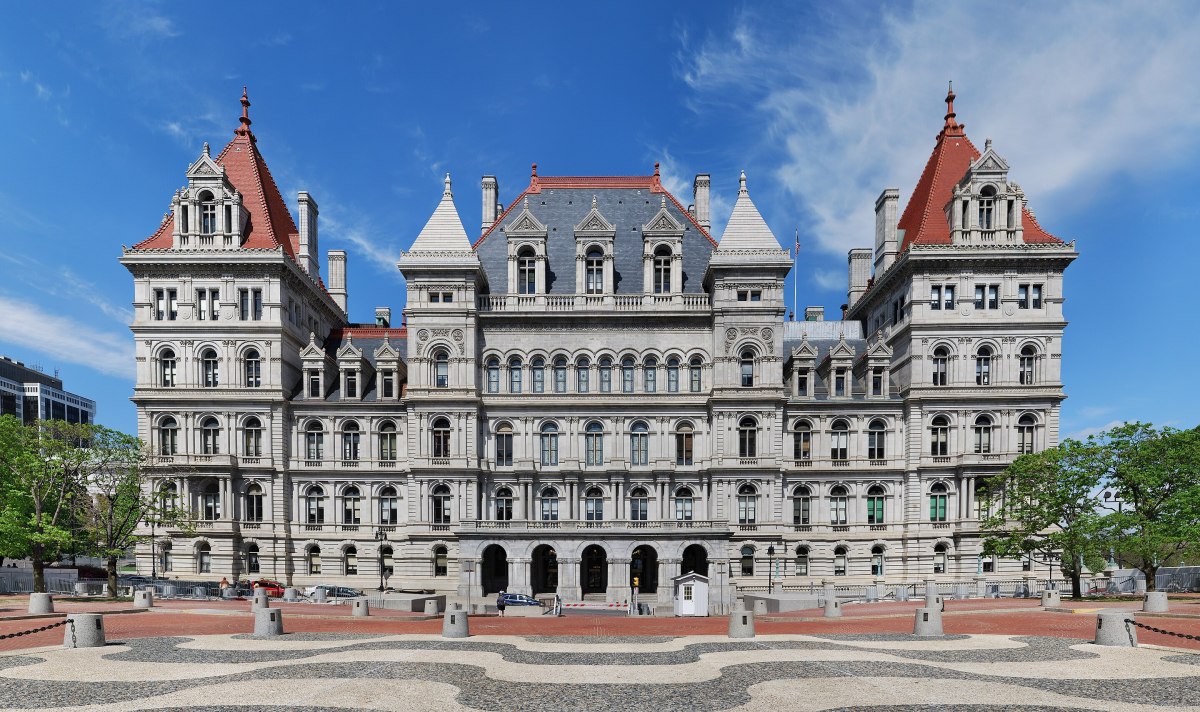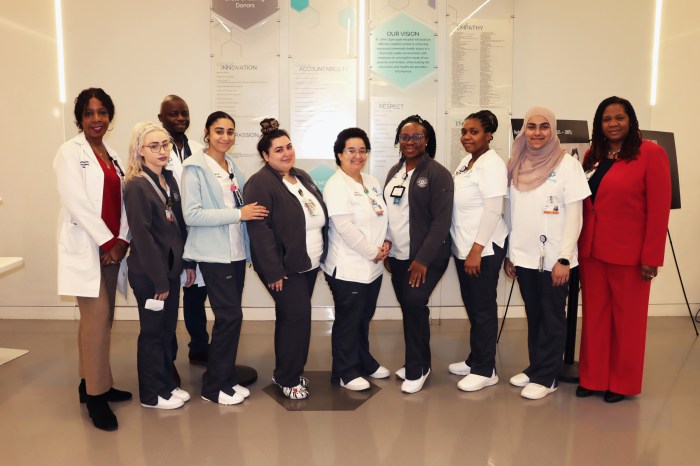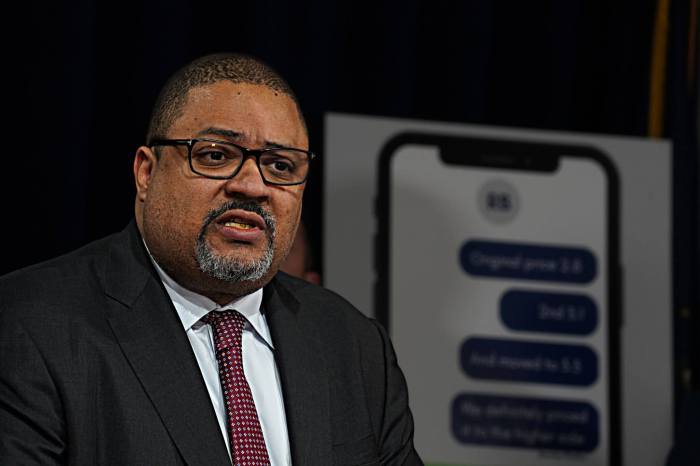Both experts and observers widely agree that the American healthcare system is one of the most unequal among developed nations. This inequality is particularly felt by Americans experiencing a lack of access to medical facilities and treatment in general.
Millions of Americans grapple with physical challenges from obesity as well as its severe health complications in their day to day lives. Moreover, those living with obesity face discrimination, societal stigma and financial hurdles. These burdens fall disproportionately on the shoulders of Black and Latino communities who lack access to quality treatments.
Mounting evidence has shown that we have tools for tackling obesity and its related illnesses such as heart disease, heart attacks, diabetes, and strokes. While the FDA has approved AOMs (Anti-Obesity Medications) to combat obesity, policy has not kept pace and is leaving communities of color and low-income Americans behind.
The numbers are stark. Over 20% of adults are obese across all states and territories, and these figures skyrocket within communities of color. In 49 states, 2 territories, and the District of Columbia, more than 30% of Hispanic adults across 27 states struggle with obesity. The statistics surrounding Black adults are even more staggering. Among Black adults alone, over 35% also suffer from obesity in 48 states and the District of Columbia.
Because these systemic healthcare inequities continue to disproportionately impact communities of color, these populations remain vulnerable to several illnesses related to obesity. Compared with white counterparts, Black Americans exhibit a 77% higher likelihood of being diagnosed with diabetes and Latino Americans face a disparity of 66%. These figures only emphasize the need for swift action to address this crisis in communities of color..
Various states, including New York, grapple with over 30% of its adult population living with obesity. These staggering figures only exacerbate the inequities in obesity care across the nation. The issue compounds due to systemic disparities, thereby escalating the risk of severe chronic diseases for communities of color.
Outdated policies also deepen these health disparities by prohibiting access to affordable treatment. This acutely affects seniors, who rely on Medicare for their essential healthcare needs more profoundly than other vulnerable groups.
Legislation must be passed to acknowledge obesity and to treat it as a disease with the same urgency of other life-threatening conditions. The current stance on Medicare coverage excludes safe, FDA-approved AOMs solely designed for reducing and combating obesity. This only creates obstacles for providing care to vulnerable populations.
Properly confronting the obesity epidemic requires a dynamic, multifaceted, and direct approach. The first step, which is also the easiest and most cost effective, is to expand access to AOMs. This would not only help combat obesity itself, it would also reduce the rates of obesity related illnesses. Congressional leaders must urgently collaborate with the administration to update Medicare coverage policies, as it would ensure accessibility of these life-saving medications through Medicare Part D.
By recognizing the urgency to treat obesity in New York, we can continue advocating for legislative changes to pave a pathway towards an equitable healthcare system which eliminates financial barriers and guarantees every American access to life-saving care. Our healthcare system must comprehensively address systemic inequity by tackling social determinants of health and bias, while ensuring equal access and affordability.
Assemblymember Michaelle C. Solages is the Assembly Deputy Majority Leader and Chair of the New York State, Black, Puerto Rican, Hispanic, and Asian Legislative Caucus.
Read More: Best rooftop bars for Manhattanhenge 2019: perfect views.
